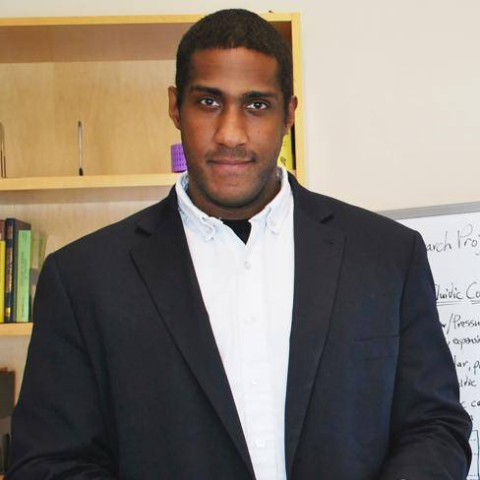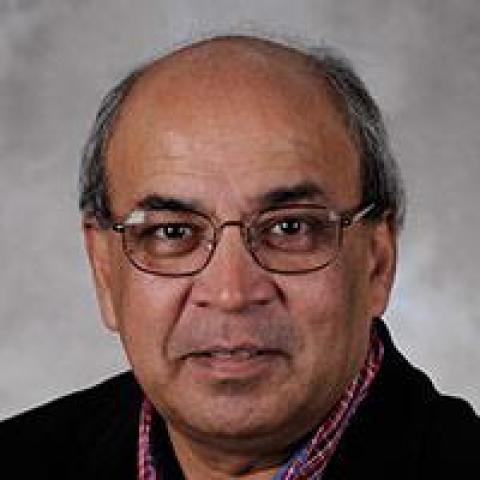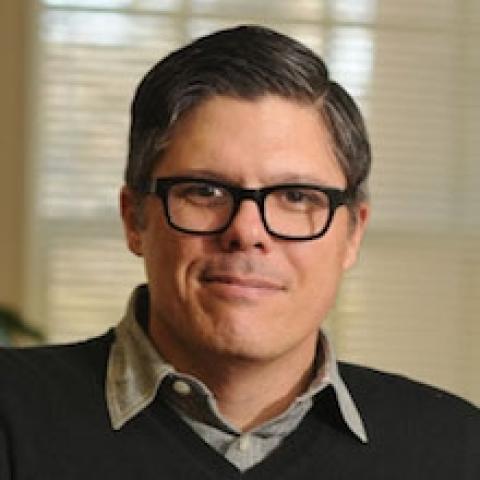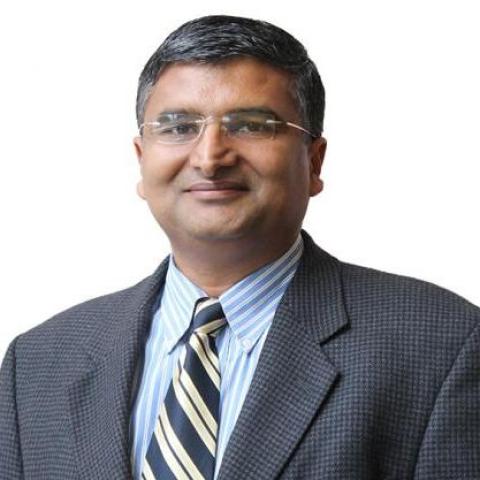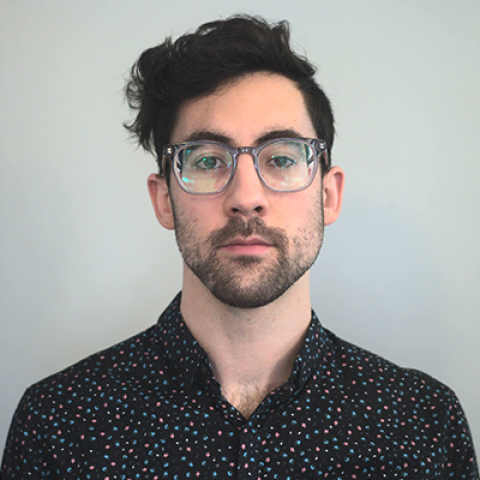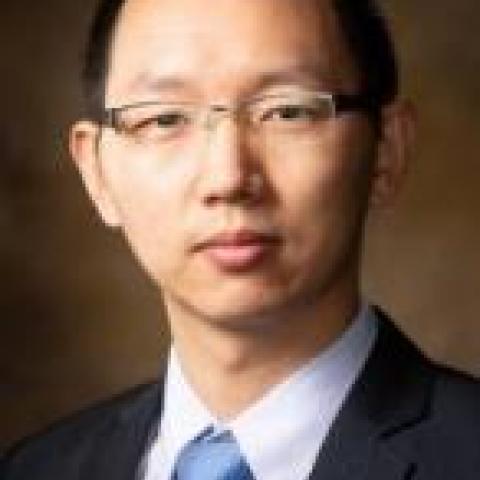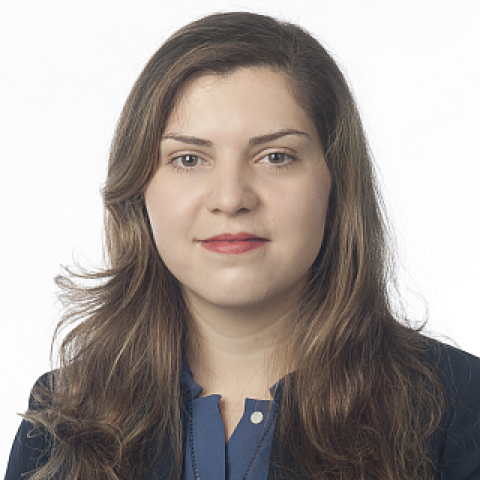Kinsey Herrin

Kinsey Herrin is a Senior Research Scientist in the Woodruff George W. Woodruff School of Mechanical Engineering. She supports a number of wearable robotics research efforts across Georgia Tech's campus and holds the ABC credential for a Certified Prosthetist/Orthotist. Kinsey is passionate about advancing state of the art technology available to individuals with physical challenges and amputations as well as the exploration of wearable technology to augment and enhance human performance. She was the former Clinical Liaison & Coordinator and academic faculty within the Georgia Tech MSPO program. She completed her residency training in orthotics and prosthetics at Children's Healthcare of Atlanta and the University of Michigan, respectively, and has over 10 years of experience working with and treating a wide variety of patients in clinical and research settings.
wearable technology to augment and enhance human performance.
